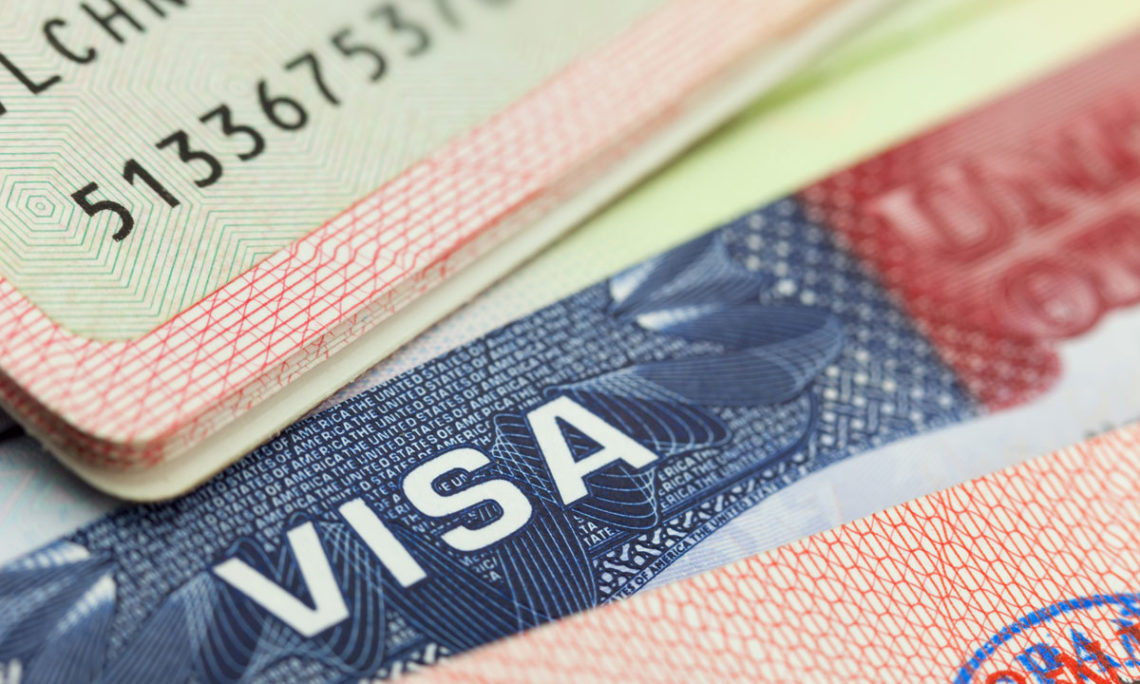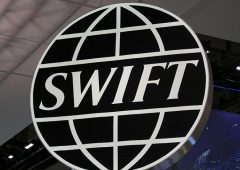Visa Unveils New Tokenised Asset Platform for Banks
04.10.2024 18:30 1 min. read Alexander Stefanov
Visa has introduced the Tokenised Asset Platform (VTAP), allowing financial institutions to create and manage fiat-backed tokens, including stablecoins and tokenized deposits.
Currently in a testing phase, Visa plans to support live programs next year as banks prepare for customer launches.
VTAP enables banks to incorporate tokens into smart contracts, which could automate complex processes like managing credit lines by triggering payments when conditions are met.
Visa emphasizes the platform’s interoperability across multiple blockchains, allowing banks to connect with various partners and clients through a single API.
BBVA, a Spanish bank, is already testing the platform’s capabilities, focusing on the issuance and management of bank tokens on a test blockchain.
They aim to launch a pilot program with select customers on the Ethereum blockchain in 2025. BBVA’s Francisco Maroto sees this collaboration as a pivotal step toward enhancing banking services and developing innovative financial solutions through blockchain technology.
-
1
Binance Introduces First Bonding Curve-based Token Launch With Four.Meme Collaboration
14.07.2025 21:00 2 min. read -
2
Western Union Explores Stablecoin Integration After GENIUS Act Approval
22.07.2025 10:00 2 min. read -
3
Telegram Launches TON Wallet for U.S. Users, Unlocking in-app Crypto Features
22.07.2025 17:30 2 min. read -
4
Polymarket Eyes Launching Stablecoin to Capture Reserve Profits
23.07.2025 10:30 2 min. read -
5
JPMorgan Eyes Crypto-backed Loans Amid Favorable U.S. Policy Shift
22.07.2025 9:35 2 min. read
Goldman Sachs and BNY Launch Tokenized Money Market Funds for Institutions
Goldman Sachs and BNY are set to unveil a groundbreaking blockchain initiative that will allow institutional investors to purchase tokenized shares of money market funds, according to CNBC.
Polymarket Eyes Launching Stablecoin to Capture Reserve Profits
Polymarket, the fast-growing crypto prediction market, is exploring the launch of its own stablecoin to capitalize on the yield generated from reserves backing USDC deposits.
PNC Bank Partners with Coinbase to Bring Crypto Trading to Clients
PNC Financial Services Group has teamed up with Coinbase, enabling select customers to buy and sell cryptocurrencies directly from their PNC accounts.
Telegram Launches TON Wallet for U.S. Users, Unlocking in-app Crypto Features
Telegram has officially rolled out its TON Wallet to users in the United States, marking a major step forward in the integration of blockchain and messaging.
-
1
Binance Introduces First Bonding Curve-based Token Launch With Four.Meme Collaboration
14.07.2025 21:00 2 min. read -
2
Western Union Explores Stablecoin Integration After GENIUS Act Approval
22.07.2025 10:00 2 min. read -
3
Telegram Launches TON Wallet for U.S. Users, Unlocking in-app Crypto Features
22.07.2025 17:30 2 min. read -
4
Polymarket Eyes Launching Stablecoin to Capture Reserve Profits
23.07.2025 10:30 2 min. read -
5
JPMorgan Eyes Crypto-backed Loans Amid Favorable U.S. Policy Shift
22.07.2025 9:35 2 min. read


